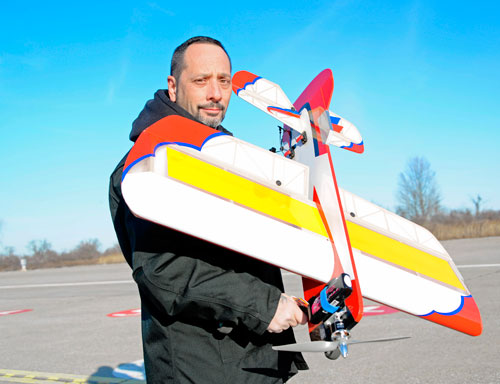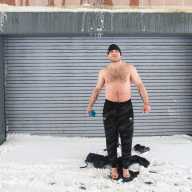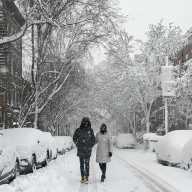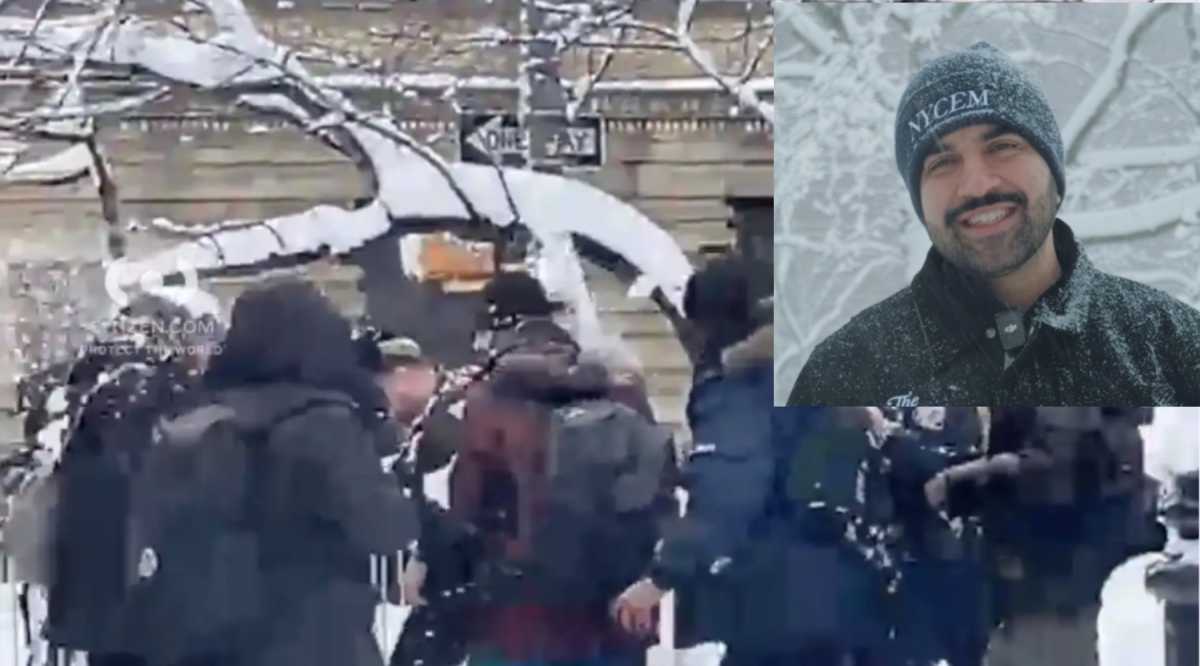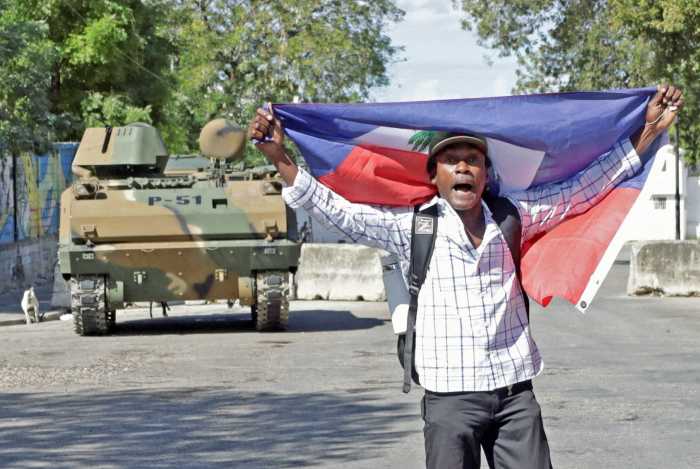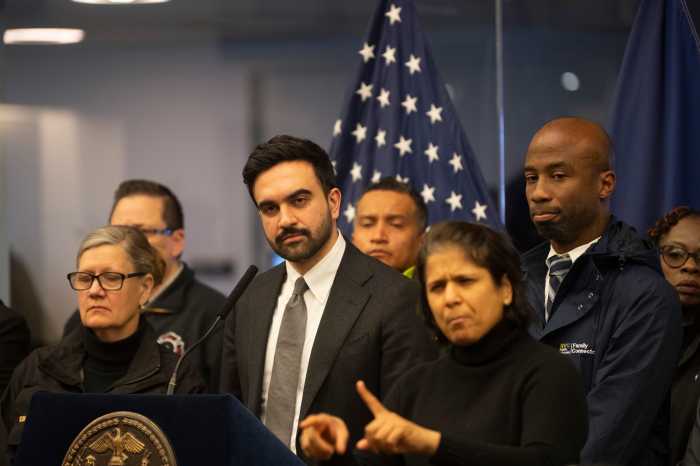A trio of proposed city laws aimed at cracking down unmanned aerial vehicles — including remote-controlled flying toys — just won’t fly with aerial hobbyists in Marine Park.
The bills range in scope from an outright ban on all radio-controlled aircraft, to insurance and registration requirements, to simply regulating on how and where the aircraft would fly.
But one local man who has been flying remote-controlled aircraft for 15 years says that while some regulation may be needed, the proposed laws miss the point and would unfairly punish responsible hobbyists more than they would deter people who misuse the technology.
“I don’t think this free-for-all is right and I don’t think these regulations are right,” said Mike Palumbo, president of the Radio Control Society of Marine Park, adding that the new laws would “ruin” his club. “It is going to impact the wrong people — they’re not going to correct the situation.”
Palumbo said that members of his club already adhere to a set of voluntary regulations devised by the Academy of Model Aeronautics, which requires its members to have insurance.
The bills are also written very broadly, covering not only hovering surveillance drones but also all radio-controlled flying children’s toys. If even the most lenient bill passes as written, any parent who bought their child a palm-sized toy quad-copter for Christmas will have to buy insurance for it and register the “vehicle” with the Department of Transportation — and the strictest law would make playing with the toy a criminal offense, according to hobbyists.
“Even a child that goes to Radio Shack and buys a $15 helicopter would become a criminal under this bill, which is ridiculous,” said Ron Molaro of the Pennsylvania Avenue Radio Control Society, which meets at Marine Park’s Floyd Bennett Field.
Councilman Dan Garodnick (D–Manhattan) introduced legislation that would ban the use of all unmanned aerial vehicles anywhere in the city “except by the police department with a warrant.” Councilman Paul Vallone (D–Queens) proposed a bill that would regulate how aerial vehicles could operate, and Public Advocate Tish James proposed a law that would require operators of all unmanned aerial vehicles to carry insurance and register them with the Department of Transportation. The bills are all separate, but a spokeswoman for James said they will most likely be debated together by the Council.
Garodnick, who proposed the harshest law, said exemptions for hobbyists and others may be added into the law — but said that the most important thing is to prevent operators of these devices from spying on residents.
“Our draft bill to significantly restrict drone use is a jumping off point, and we will consider appropriate exemptions for hobbyists and others through the legislative process,” said Garodnick. “Many New Yorkers fear a day — perhaps not too far off — when drones are so commonplace that government or neighbors may easily peer into windows or look into backyards. We have an obligation as lawmakers to prevent this type of intrusive surveillance and to patrol our increasingly crowded skies.”
But Palumbo said those types of cinematic fears center around surveillance drones, not the radio-controlled planes that the majority of his club members fly. He acknowledges that radio-controlled aircraft can be dangerous and should never be used in crowded areas — like TGI Friday’s did in its infamous “mobile mistletoe” publicity stunt that backfired when it wounded our photographer — but he said the individuals in his club have always followed safety guidelines.
“In a restaurant, you’re unprotected. You’re not wearing hard hats and safety equipment — you’re there for a meal,” said Palumbo. “We don’t fly over unprotected people, over unprotected vehicles, homes.”
Molaro said that Vallone’s bill — which is co-sponsored by Councilman Alan Maisel (D–Marine Park) — would be better than an outright ban or onerous registration requirements. It would merely prohibit using remote-control aircraft for surveillance, and restrict where they can be flown, but it would still push hobbyists out of Floyd Bennett Field, which is within the five-mile no-drone zone the bill would create around Kennedy airport.
“Vallone’s would definitely be the lesser of the evils,” said Molaro. “If they’re having a problem with the drones then stick to the drones — don’t look to ground us.”
Molaro, who has been flying remote-controlled aircraft for 30 years, said he and his fellow club members have spent tens of thousands of dollars on their aerial vehicles and he wishes these elected officials had at least consulted with hobbyists before writing their bills.
“If this bill goes through, there is so much money invested — I fly high-end jets, I have a jet that’s $20,000. What am I supposed to do?” he said.



